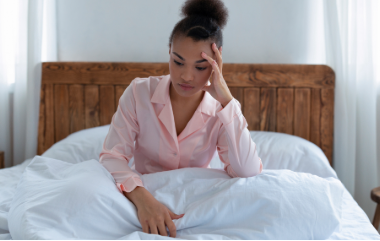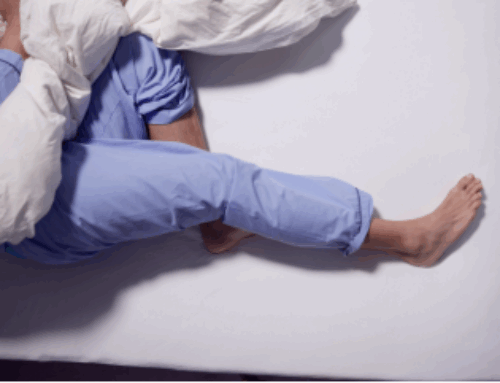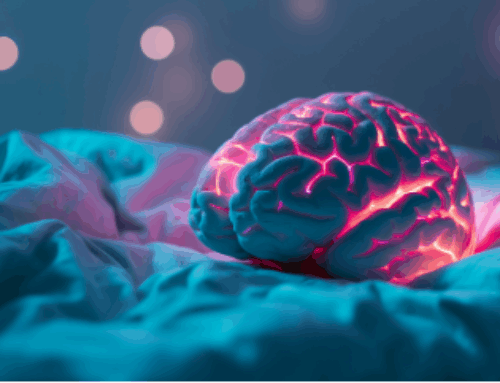Mental health and sleep are deeply connected. New data show just how many Americans are struggling. A recent survey by the American Academy of Sleep Medicine reveals that stress, anxiety, and depression are major sleep disruptors for the majority of U.S. adults.
Stress and anxiety disrupt sleep for most
According to the survey, 74% of Americans report sometimes, always, or often experiencing disrupted sleep due to stress. Anxiety is also a major factor, with 68% reporting they lose sleep because of it.
“Stress and anxiety can significantly disrupt sleep patterns by triggering the body’s fight-or-flight response, making it difficult to relax,” said Jennifer Martin, a licensed clinical psychologist and past president of the AASM. “When the mind is racing with worries, it becomes nearly impossible to achieve the deep, restorative sleep we need for overall health.”
Depression adds to sleep challenges
Depression is another common cause of disrupted sleep. More than half of adults (55%) in the survey reported sleep issues due to depression.
Dr. Martin explained that mental health and sleep often affect each other in a cycle.
“Many Americans find themselves caught in a loop: Mental health conditions disrupt their sleep, and poor sleep worsens their mental health conditions,” Dr. Martin said. “This cycle can lead to a range of health issues, beyond just daytime sleepiness. Insufficient sleep can impair cognitive function, affect mood, and diminish overall quality of life.”
Tips to sleep better with stress and anxiety
To help break the cycle, the AASM recommends several strategies:
- Create a calming sleep space: Keep your bedroom cool, dark and quiet.
- Practice relaxation techniques: Try meditation, deep breathing or journaling before bed.
- Limit caffeine and alcohol: Cut back on caffeine and alcohol, especially in the hours leading up to bedtime.
- Get moving: Regular exercise improves mood and helps reduce stress. Try to avoid vigorous exercise close to bedtime.
- Watch your diet: Avoid large meals late at night; opt for a light snack if needed.
- Get support: If stress and anxiety continue to disrupt your sleep, consider talking to a therapist or counselor who can provide coping strategies and support.
“Addressing these intertwined challenges requires a holistic approach, focusing not only on improving sleep but also on managing stress and emotional well-being,” Dr. Martin said.
Help is available
If stress, anxiety, or depression are affecting your sleep, don’t wait to get help. Anyone who has a sleep problem can use the AASM’s sleep center directory to get help from the sleep team at an accredited sleep center.





